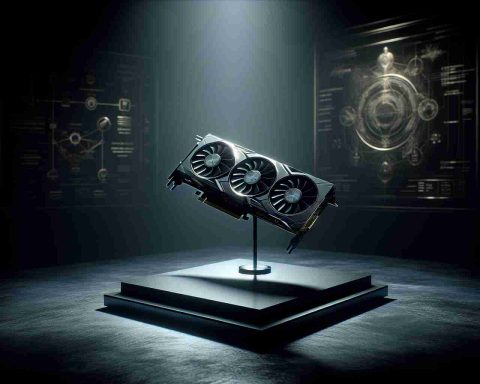At the recent IFA 2024 event, ASUS showcased their latest line of Copilot+ PCs, which feature cutting-edge Intel Core Ultra Series 2 processors. Among the highlights were the new Zenbook, Vivobook, ExpertBook P series laptops, and the compact Mini PC NUC 14 Pro AI, all designed to deliver substantially enhanced performance through artificial intelligence.
The integration of AI into these new devices is significant. These laptops boast advanced AI capabilities, aiming to revolutionize user interactions across different sectors. The Zenbook and Vivobook series focus on sleek designs and portability, perfect for everyday use, while the ExpertBook P series caters specifically to small business needs.
Engineered for intensive tasks, the processors possess an impressive Neural Processing Unit (NPU) that can handle up to 48 TOPS, ensuring efficiency directly on the device. Upcoming updates will make these AI features freely accessible.
Among the standout models is the ASUS Zenbook S series, featuring elegant Ceraluminum construction, high-resolution OLED displays, and advanced AI functionalities like live transcription and real-time translation. The Vivobook S is designed for optimal performance and portability, equipped with high refresh rate displays and significant memory capacity.
Meanwhile, the Mini PC NUC 14 Pro AI promises a powerful computing experience in a small form factor, marking a pivotal shift in the tech industry. This transition to AI-equipped PCs reflects a broader trend, echoing the move from traditional to smart technologies, raising important discussions around data privacy and user control.
ASUS Steps into the AI Era with Innovative Copilot+ PCs
As the tech landscape continues to evolve, ASUS has made a significant move by introducing its AI-powered Copilot+ PCs at IFA 2024. These devices not only showcase high-performance Intel Core Ultra Series 2 processors but also highlight the growing integration of artificial intelligence in computing.
One of the most pressing questions regarding this new line of PCs is: How will AI capabilities change everyday computing? AI functionalities incorporated into these devices aim to enhance user interactions through features like predictive text, automated document management, and even personalized learning experiences that adapt based on user behavior. This capability can drastically improve productivity, especially in professional settings, making daily tasks more efficient.
Despite the advantages, there are key challenges and controversies that come with the integration of AI in PCs. Data privacy is a major concern, as AI systems often require access to personal data to function effectively. This opens up discussions about user consent and data security. Additionally, there is the challenge of bias in AI algorithms, where performance and recommendations may not be entirely neutral, potentially affecting user trust in these systems.
Advantages of ASUS’s AI-Powered PCs include enhanced performance through dedicated Neural Processing Units (NPUs), improved multitasking capabilities, and advanced features that automate routine tasks and provide real-time insights. Users can expect not only a boost in speed but also a more intuitive user experience that caters to individual preferences. The potential for smart learning applications and customized software solutions also stands out as a significant benefit.
On the flip side, disadvantages may include the added cost associated with these advanced technologies, as AI-capable devices are typically pricier than their standard counterparts. There’s also the risk of over-reliance on automation, which may lead to skill degradation over time. Moreover, widespread use of AI can contribute to job displacement in certain sectors, raising ethical questions about the future workforce.
Looking ahead, what are the potential impacts of these AI-powered PCs on various industries? Industries such as education, healthcare, and small business management could see transformative changes as these devices promote more streamlined workflows and enhanced data analysis capabilities. For example, AI-driven diagnostics in healthcare can lead to improved patient outcomes, while automated administrative tasks can free up valuable time for educators.
In conclusion, as ASUS champions the future of computing with its Copilot+ PCs, the implications of integrating AI into everyday devices will continue to unfold. Stakeholders must address the accompanying challenges, ensuring that the benefits of this technological advancement are maximized while minimizing its drawbacks.
For more information about ASUS and its innovative products, visit ASUS Official Website.

















